Dermatology and Patient Associations Call for Skin Diseases to be a Global Public Health Priority
19 Jun 2024
‘Universal Health Coverage’ not universal without including skin health say speakers at WHA Side Meeting.
The burden, impact and cost of skin diseases globally were discussed during a Side Meeting hosted by the International League of Dermatological Societies (ILDS) and the International Alliance of Dermatology Patient Associations (also known as GlobalSkin), at the 77th World Health Assembly in Geneva, Switzerland on 29 May 2024. The meeting was supported by the Anesvad Foundation and the World Skin Health Coalition.
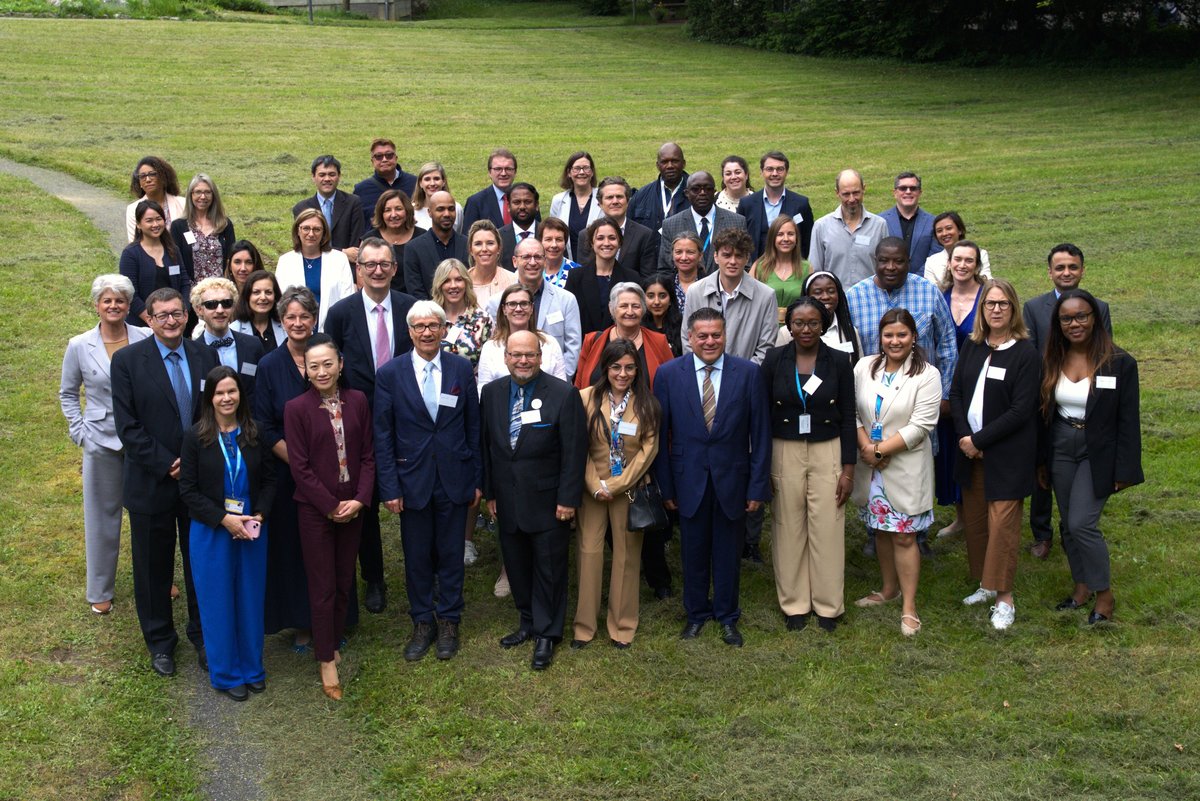
The objective of the meeting, entitled ‘Skin Diseases as a Global Public Health Priority’, was to advocate for the higher prioritisation of skin diseases by Ministries of Health around the world and to raise awareness of their impact, not just on affected individuals but also on public health systems. It was attended by more than 75 member state representatives and global health leaders, including patient advocates.
Speakers included representatives from the host associations, the World Health Organisation (WHO) and Ministers of Health. Delegates also heard powerful personal testimonies from patient advocates from four different regions, representing different skin disease areas, both common and rare.
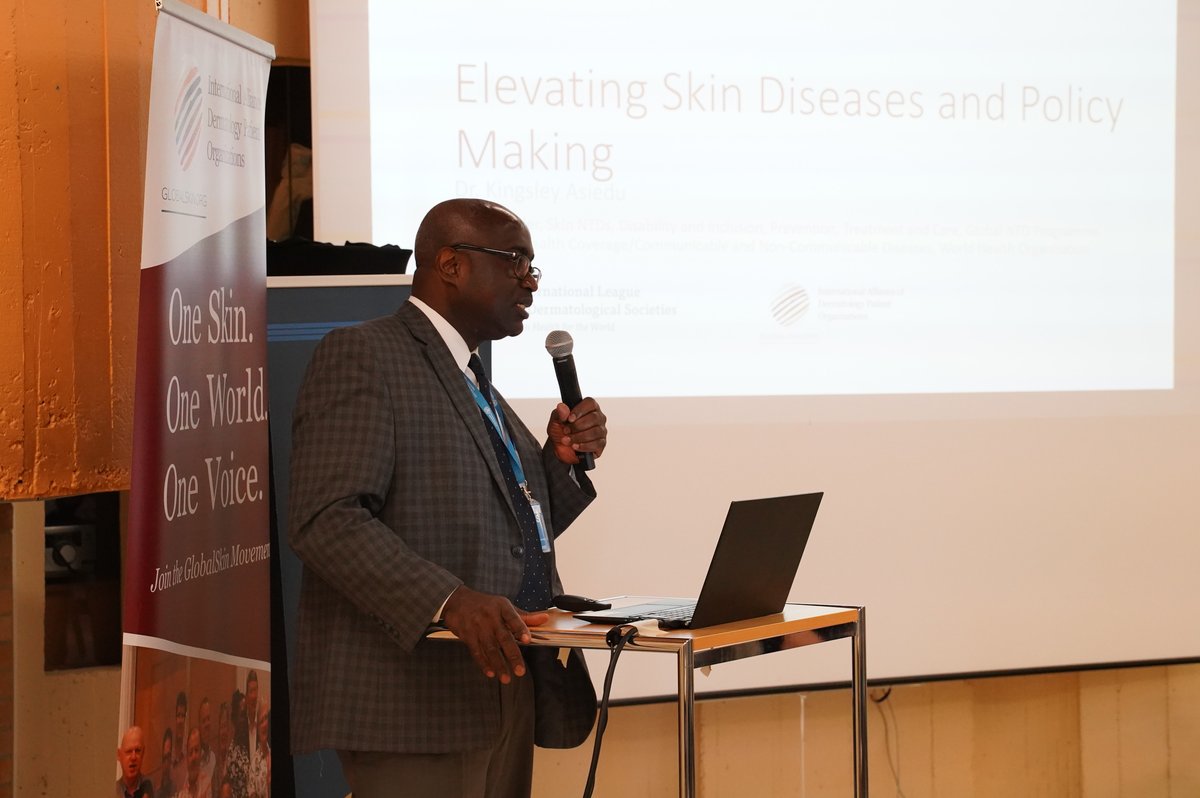
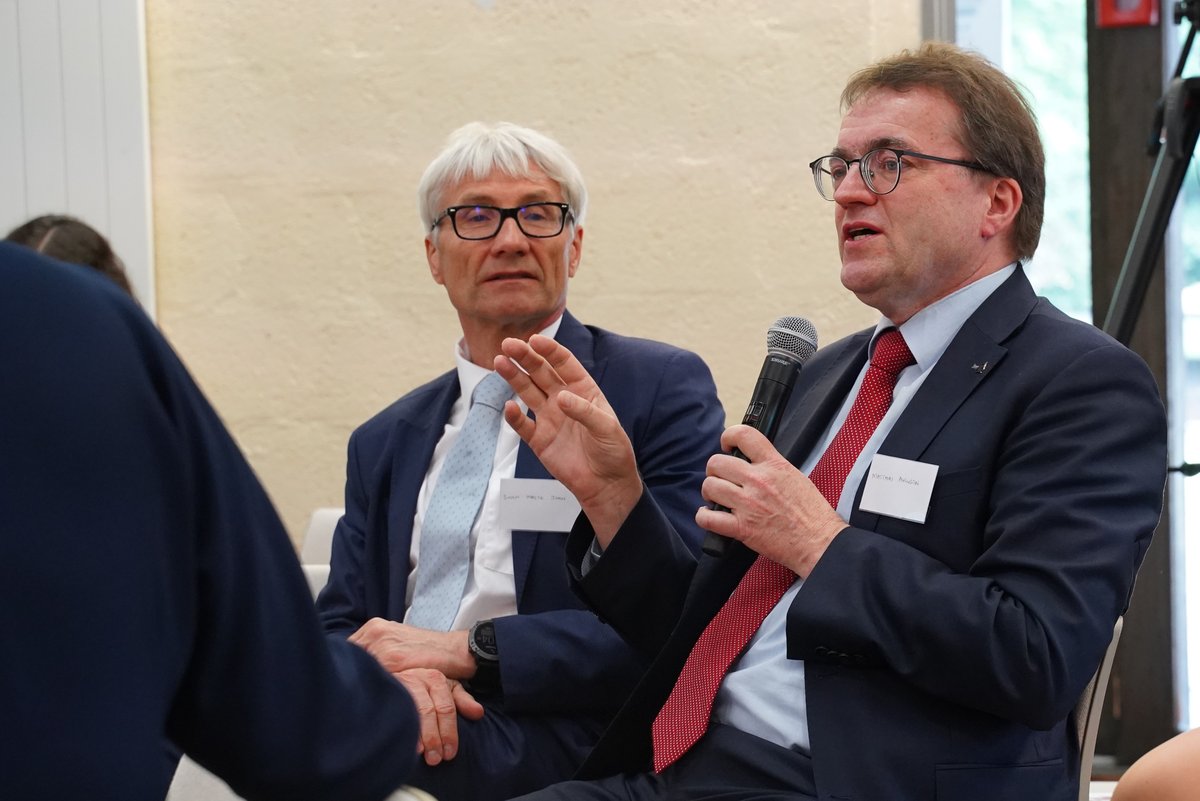
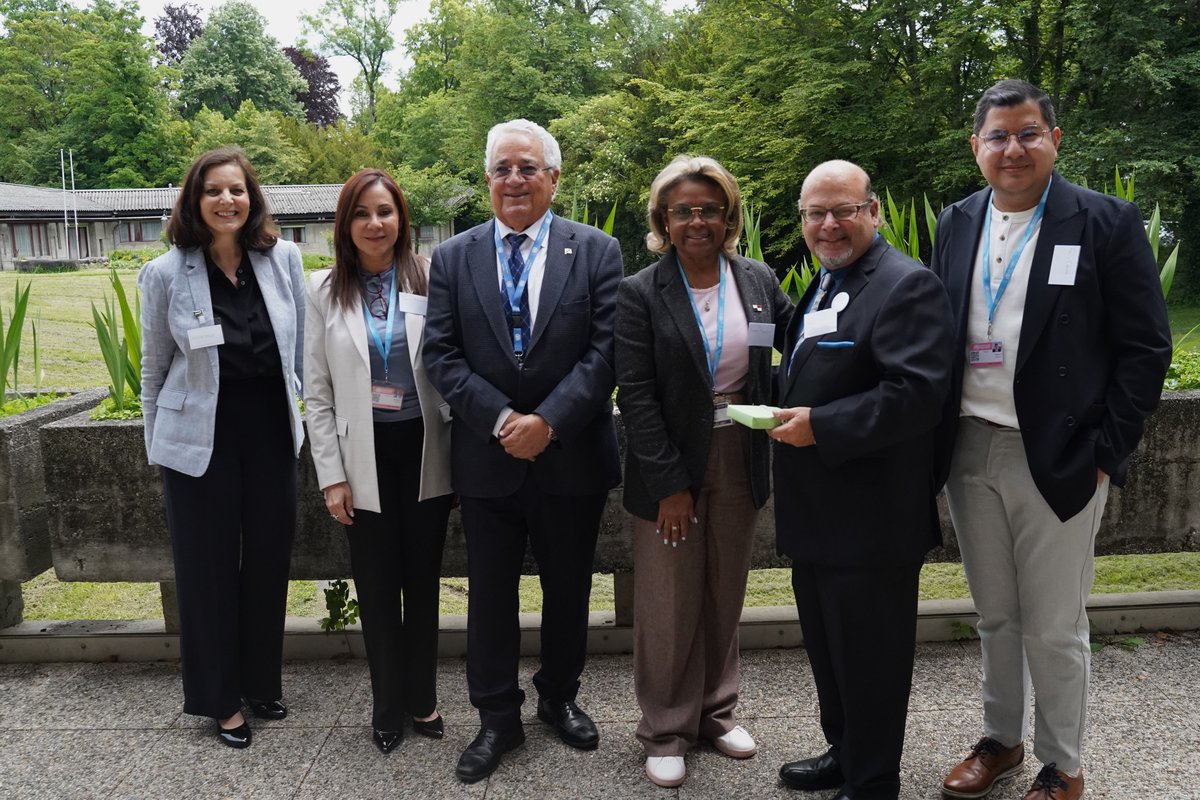
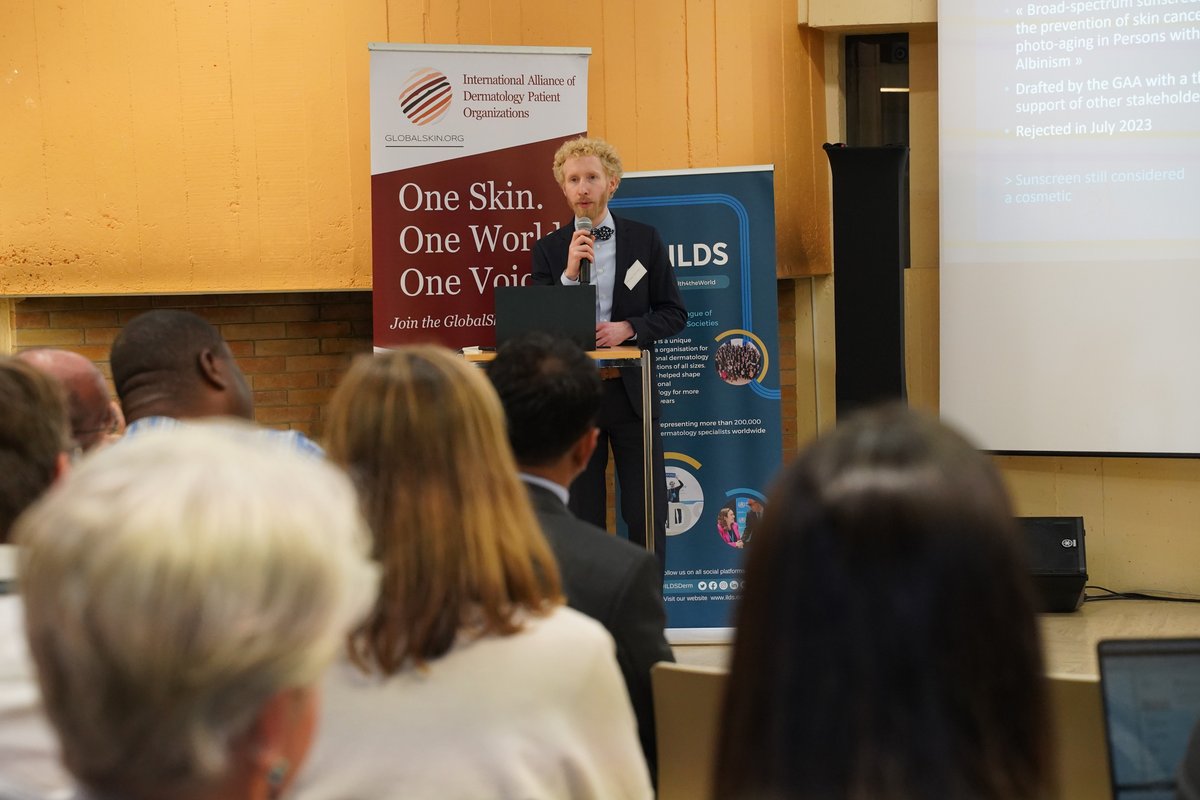
The latest data on the prevalence and burden of skin diseases was presented by Prof Luca Borradori, Chair of the ILDS Patients’ Organisations Committee.
They showed that there are more than 3,000 identified skin diseases, involving the skin, mucosae, nails, and/or hair. Collectively, this group of diseases, of which 4.69 billion new cases were diagnosed in 2021, forms the world’s fourth leading cause of non-fatal burden and is in the top 10 causes of disability. They affect more than three billion people worldwide in all age groups.
The challenges facing those requiring access to dermatological care were also discussed by speakers Dr Claire Fuller, Chair of the ILDS International Foundation for Dermatology (IFD), and Jennifer Austin, Chief Executive Officer of GlobalSkin. Because skin diseases are one of the most common reasons people seek help from a health worker, the challenges are significant. They include gaps in primary care as dermatology training in many medical schools is either inadequate or non-existent. As a result, long wait times to see a dermatologist are experienced by many patients. In high-income countries, the wait can be up to 12 months while patients in many middle- or low-income countries are likely never to access this specialist care.
The lack of dermatologists in training was also identified as an issue. Many of the world’s current practitioners are aged 55 or over and there are too few in training to replace them.
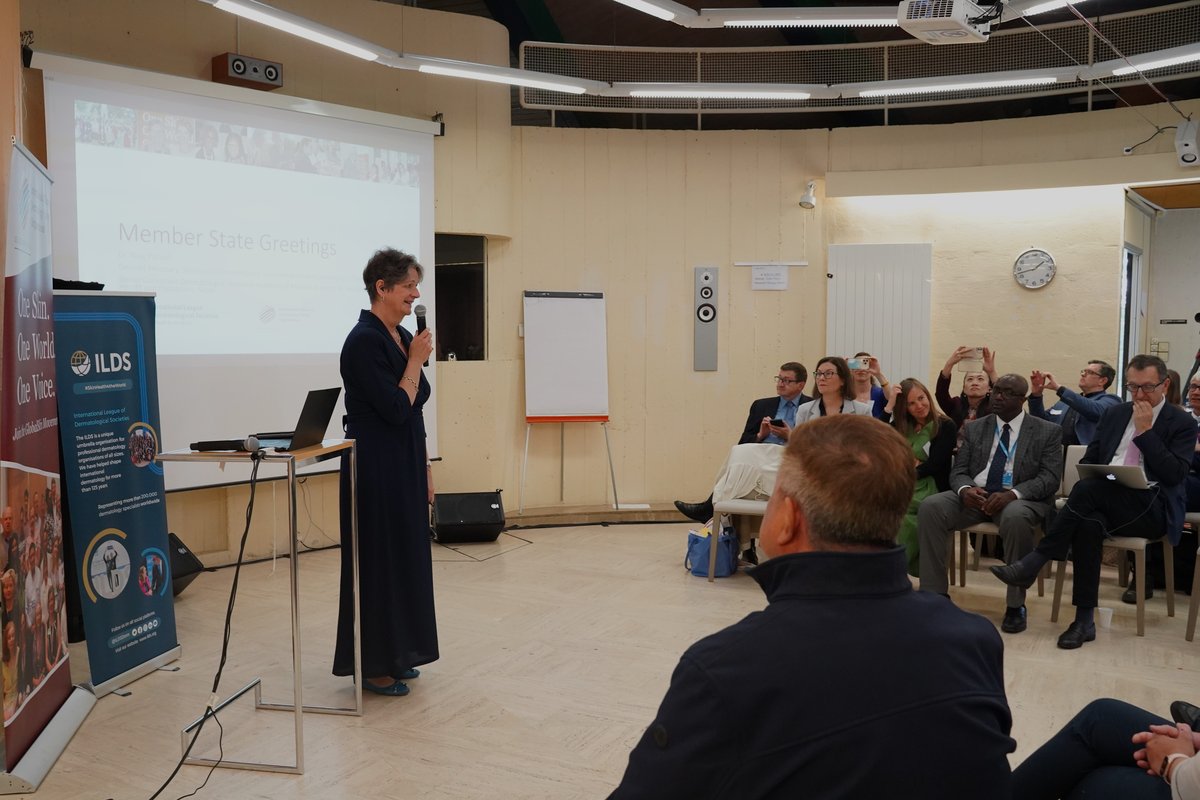
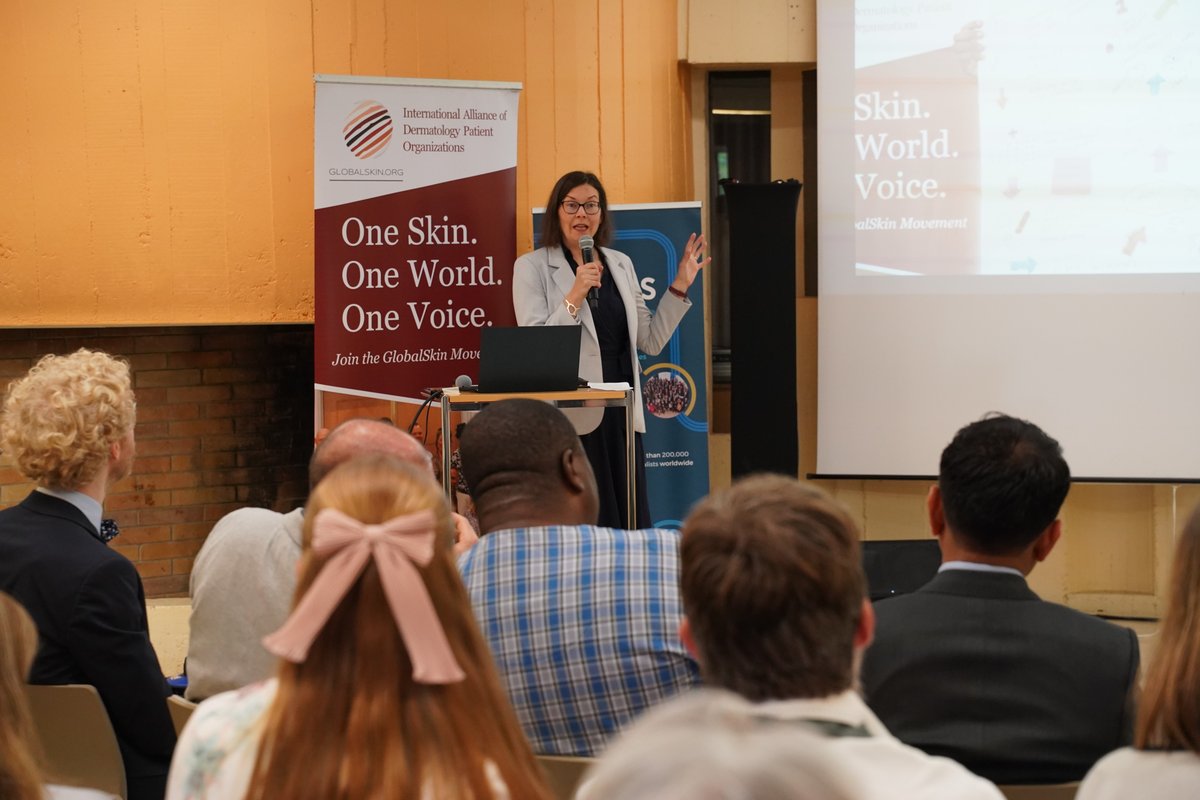
Claire Fuller and Jennifer Austin explained the key objectives the ILDS and GlobalSkin believe to be essential for an improvement in global skin health. They are:
- A focus on all skin diseases, including allergies, inflammatory diseases, autoimmune diseases, genetic diseases, vascular diseases, cancers, infections (viral, bacterial and fungal) and rare autoinflammatory diseases
- A call for dedicated health investment to expand expertise, particularly among primary health care workers, enabling them to diagnose and support those living with skin disease
- Support for the expansion of skin diseases research capacity to provide innovative diagnostic tools and new treatments
- A strengthening of the role of the WHO in boosting coordinated and universal data collection tools, bolstering local production of generic medication, leading skin-health research and improving healthcare training.
They also called for an elevation in the importance of these skin diseases in policy making and for greater collaboration between affected individuals, healthcare professionals and policy makers.
How we are working with the WHO
The ILDS represents dermatology at the highest level through its ‘official relations’ status with the WHO. As a result of the meeting, the ILDS will be working with the WHO to develop a specific section on skin diseases in the WHO Global Health Observatory (GHO), which provides health-related statistics to its 194 Member States.
Commenting on the meeting, Dr Fuller said:
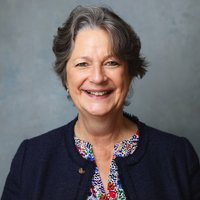
Skin disease is much more than a rash. It is a leading cause of global disease burden and has a significant impact on the quality of life of affected individuals. Mental health problems, shame, stigmatisation, social isolation, bullying and a reduction in personal productivity at work are all commonly reported. The burden on public health systems is also huge.
We heard from some extraordinarily powerful speakers and were excited by the energy and momentum in the room. The WHO’s stated goal of Universal Health Coverage cannot be achieved without the prioritisation of skin diseases and we’re now looking forward to amplifying and accelerating our efforts to deliver skin health for the world.
Dr Claire Fuller, IFD Chair
Prof Luca Borradori added:
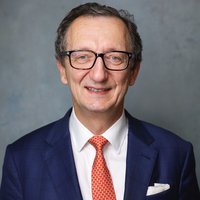
Collectively, skin diseases are the world’s fifth most frequently diagnosed disease category and are among the top 10 causes of disability. In addition, neglected tropical diseases with skin involvement are another common cause of significant disability. More than 3.3 billion people are affected by these disorders, which, combined, are major contributors to the overall global burden of diseases expressed in years lived with disability and disability-adjusted life years in both low-income and high-income countries.
It’s essential that better access to care, to essential drugs and a focus on the prevention of skin diseases move up the agenda of national and global policy-makers to ensure progress at a national and global level. This will improve the health and wellbeing of the billions of people living with these conditions and will result in substantial social and economic benefits to the world.
Prof Luca Borradori, Chair of thee ILDS Patients' Organisations Committee
Prof Henry W. Lim, ILDS President, said:
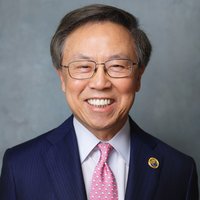
Driving improvements in access to skin health is a key goal of the ILDS so we were delighted to co-host this meeting with GlobalSkin. We thank the speakers and participants for their excellent contributions and moving personal testimonies. They have spurred us on in our work to promote better understanding, support and action for those affected by skin diseases worldwide.
Prof Henry W. Lim, ILDS President
Marc Yale co-moderator of the event and Board President of GlobalSkin, said:

“GlobalSkin is committed to changing the way the world sees skin diseases by dispelling myths and quantifying impact. Skin diseases affect people of all age groups and all skin colours in all countries, irrespective of income levels, and is a widespread and highly prevalent public health challenge.
“People living with these conditions face psychosocial challenges in addition to the physical symptoms of their disease. For many patients, this is a lifelong burden. And, in many cultures, this can have devastating social impacts. This must change.”
Marc Yale, Board President of GlobalSkin
Event photos
Take a look at the event photos from the 2024 WHA Side Meeting on Skin Diseases in our photo album on Facebook!
See visual highlights from the day
Click to see the photos